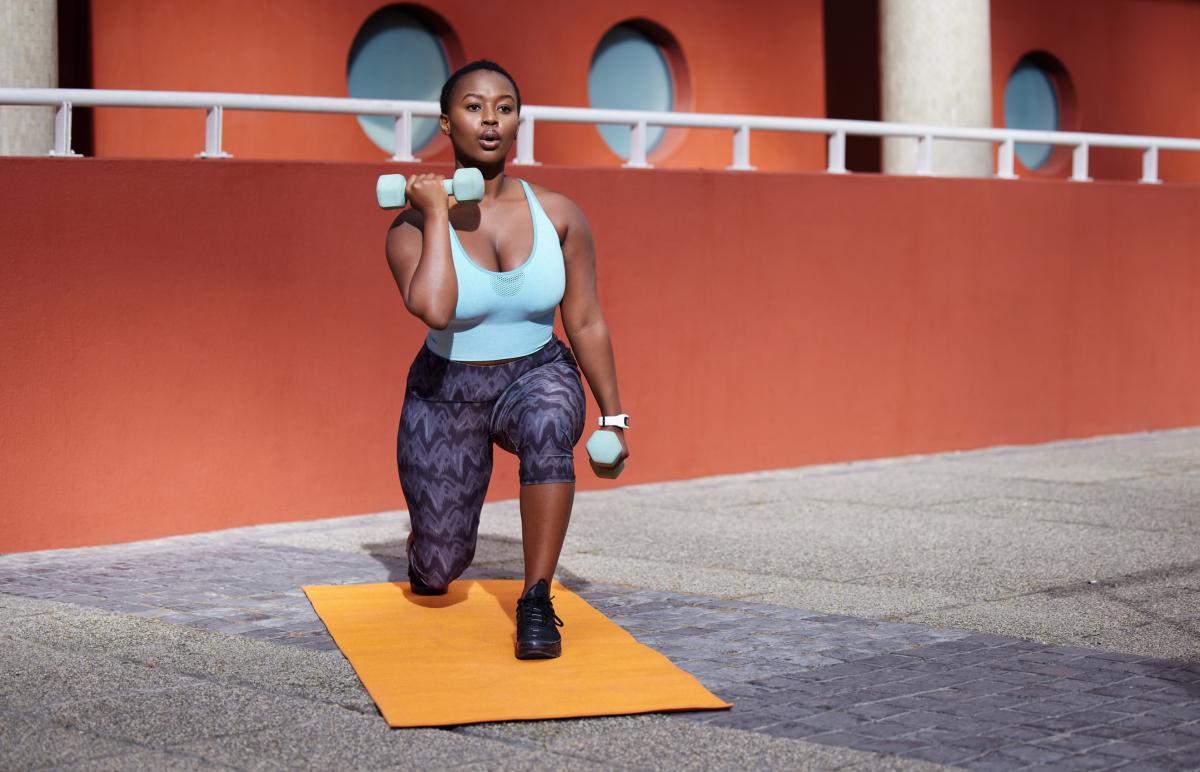Staying active during the off-season

The end of the season can arrive with the temptation to do nothing until next season. However, it is important for recreational and competitive athletes to stay active during the off-season in order to keep all the benefits and not lose ground on all the hard-earned strength and fitness gained over the season.
While it is understandable to want a nice long break, there are risks to taking a prolonged rest period. If an athlete returns to training and competing at their prior level and intensity, they are more prone to an injury, which could potentially sideline their next season.
Staying Active Has Benefits

The off-season gives an athlete an opportunity to:
- Pursue cross training
- Address musculoskeletal imbalances or deficiencies in order to prevent injury
- Work on improving athletic form
- Increase baseline strength and fitness, allowing for harder and more specific training during the upcoming season.
- Take a mental health break from the stress of the training and competing
- Provide time to find balance between activities and other priorities
- Maintain health benefits and weight management,
- Help control the body’s stress hormones, allowing one to better cope with stressful situations
- Improve sleep patterns, which promotes the body’s recovery that occurs during sleep
Off-season Focus Areas
Off-season goals should focus on maintaining a routine while providing balance and variety from regular season training. Assessing and improving form is often neglected during the season, so it can be beneficial to go back and focus on some of the foundational principals that will improve overall performance and efficiency.
Cardio fitness
Off-season training can be a great time to improve baseline aerobic fitness. Cardiovascular (or aerobic) fitness is the ability of the body’s cardiovascular system to transport oxygen and the ability of the muscles to utilize this oxygen while you exercise.
Muscle fitness and strength
The off-season is a good time to work on strength training specific to the sport, building a good foundation to begin more specific training during the regular season. Strength determines the amount of power an athlete can produce while performing at their respective sport. Muscle fitness and strength is important for building core stability as well.
Flexibility
It is important for the body to be balanced, both in strength and flexibility, in order to perform at an optimal level. Flexibility can especially be affected in sports with prolonged postures or repetitive movements. This can then lead to overuse injuries if not addressed appropriately.
Off-season Activities
It is important to address both the aerobic and anaerobic systems. The off-season is a good time to address these systems in order to return to your sport improved from the previous season. A good routine of indoor activities can address some of your problem areas as well as keep you balanced. The best strategy to target these areas is a mix of cardio, strength training, HIIT and yoga to target these areas.
Cycling can be a great cardiovascular exercise, providing aerobic and anaerobic benefits. People that may benefit from cycling include endurance athletes or perhaps those returning from an injury, needing a lower impact way to exercise. Cycling can allow an athlete to exercise with decreased stress placed on their joints.
Achieving and maintaining a balance of flexibility and stability is paramount to optimizing performance. Consulting with a professional, such as a physical therapist, may be necessary to better identify and address problem areas.
Preparing for the Upcoming Season
To prep for an upcoming season, develop a schedule and consider choosing up to three competitions to prioritize so as to focusing your training efforts. Set up a training schedule – such as a periodization training plan – to guide your training. Setting up a schedule builds in recovery times for your body to better utilize the training efforts.
The off-season provides an opportunity to set goals and plan realistic expectations for the upcoming season. This can be in the form of training goals, performance goals, or learning a new skill. It also provides a time to step back and remember why the sport is important to you.




